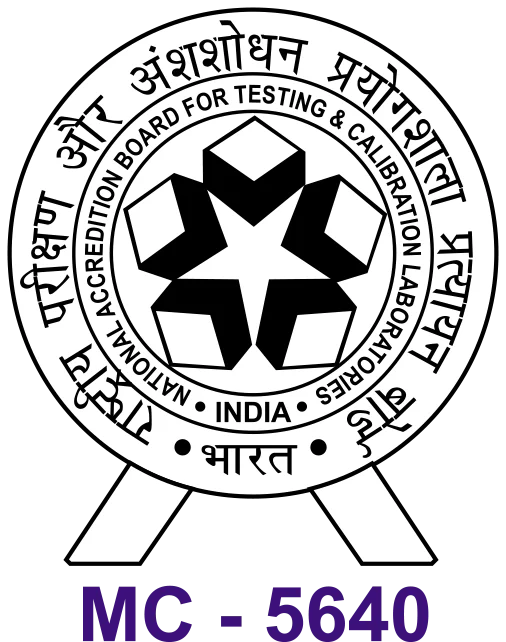ECG


What is ECG
ECG (Electrocardiogram) is a medical test that measures the electrical activity of the heart. It records the electrical impulses or signals that trigger the heart’s beating, providing a graphical representation of the heart’s rhythm and electrical activity. An ECG helps doctors assess the heart’s health, detect abnormalities, and monitor various heart conditions.
Key Features of an ECG:
- Electrical Activity Monitoring: The heart produces electrical signals that coordinate its rhythm. An ECG measures these signals through electrodes placed on the skin.
- Painless and Non-Invasive: The test is simple, quick, and involves attaching small electrodes to the chest, arms, and legs to record the heart’s electrical signals.
- Heart Rhythm and Rate: It helps in determining whether the heart is beating normally or if there are irregularities, such as arrhythmias.
- Detects Heart Conditions: ECGs can identify a variety of heart problems, including:
- Heart attack (detects past or current heart attack damage)
- Arrhythmias (irregular heartbeats)
- Heart disease (indicates ischemia or damage to the heart)
- Electrolyte imbalances affecting the heart’s function.
- Quick and Convenient: The test typically takes only a few minutes, and the results are available immediately.


